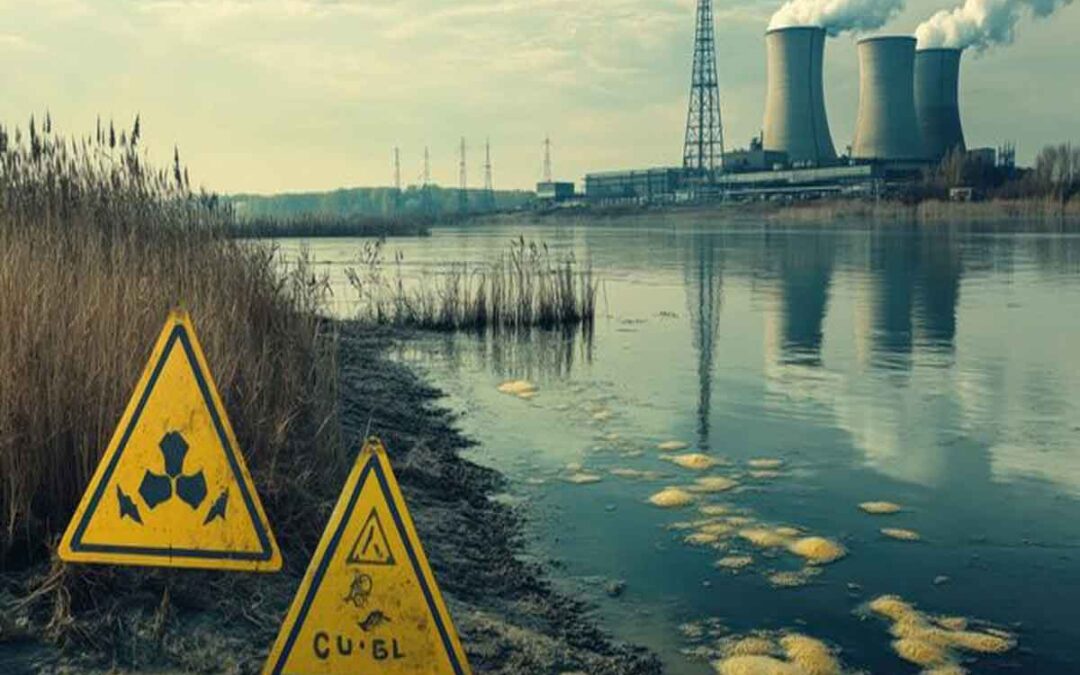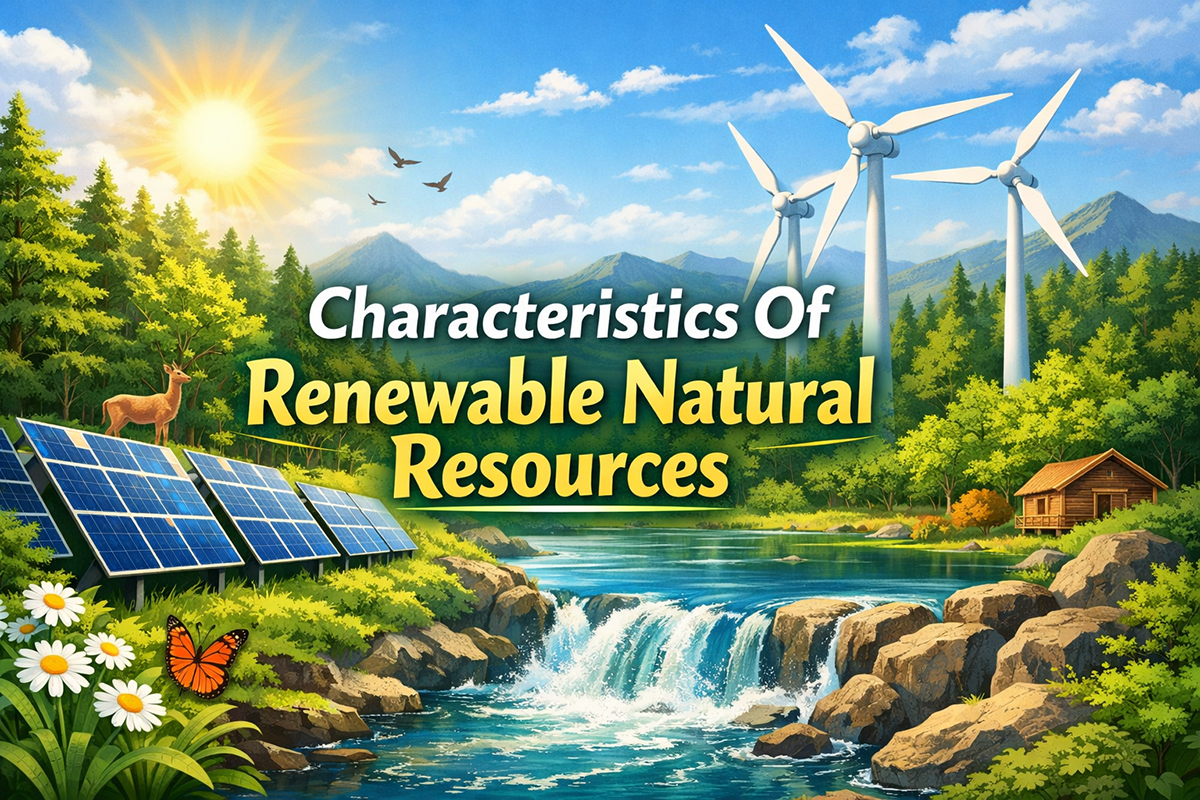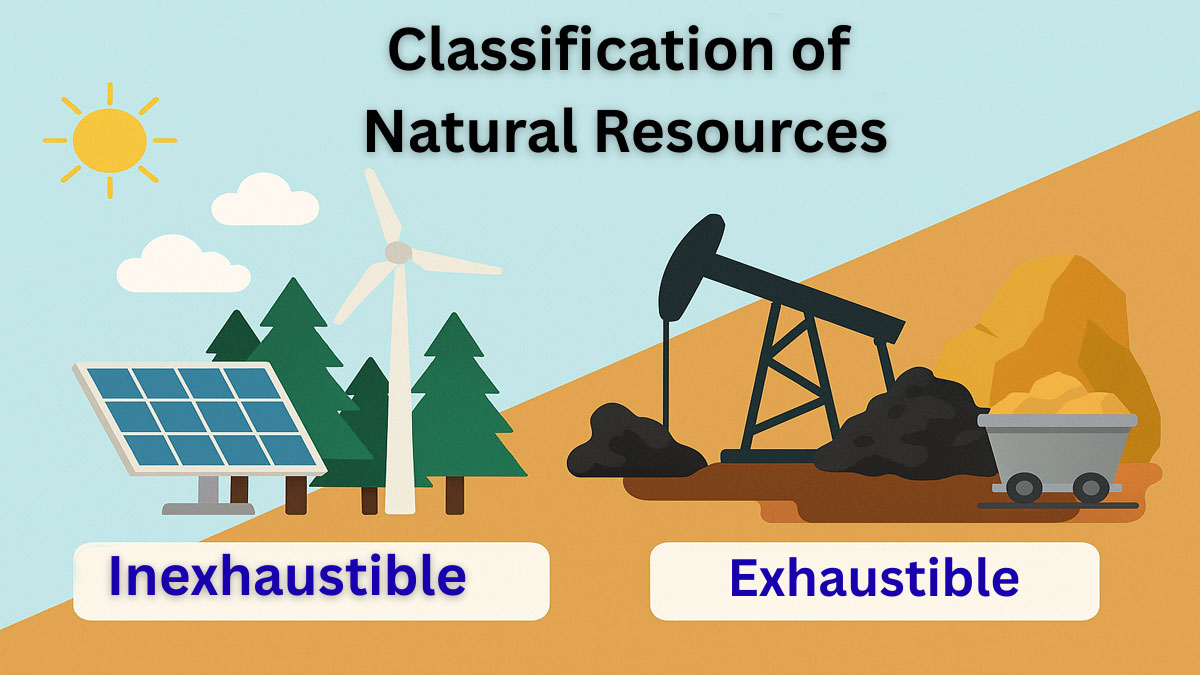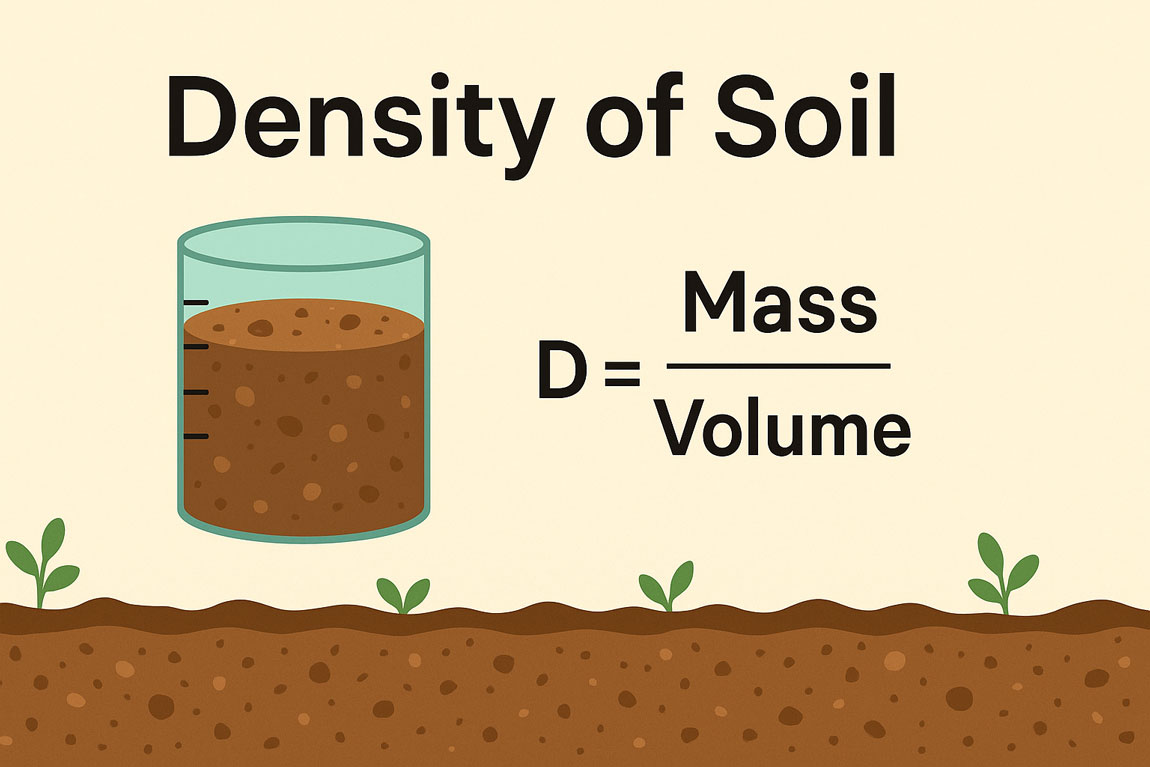Nuclear Pollution is one of the most dangerous forms of environmental contamination, with irreversible devastating effects. It occurs when radioactive materials are leaked into the surroundings, thus posing a serious threat to humans, the environment, and generations to come. It is essential to comprehend nuclear contamination to deal with its dangers and devise realistic approaches to decreasing the impacts of the said hazards.
What is Nuclear Pollution?
Nuclear Pollution refers to contamination by radioactive materials. Whether of natural origin or man-made (such as from nuclear power plants), radiation causes problems for both humans and ecosystems.
Causes of Nuclear Pollution:
Nuclear attacks:
The use of nuclear weapons and atomic bombs, which are forms of nuclear energy, reveal harmful effects as well as the source of radioactive waste and pollution.
Weapon testing:
Pollution-related considerations are especially significant when selecting fossil fuels and fission for the breeder. The combustion of fossil fuels releases sulfur dioxide and fine particulate matter into the atmosphere, adversely impacting safety and convenience.
Nuclear disasters:
The most prominent instance of this is the Chornobyl nuclear disaster that occurred in Russia in 1986. This incident had repercussions for three nations, specifically Ukraine and Belarus. The region surrounding the reactor was already polluted and rendered unfit for habitation or agricultural activities.
Radioisotopes:
Radiofrequency is used in manufacturing and other industries. Isotopes such as uranium contain high concentrations of radiation, while naturally occurring isotopes such as carbon-containing radioactive particles can be easily detected through sewage pipes in rivers.
Nuclear Waste Disposal:
Nuclear waste is classified as high-level, low-volume, and transuranic. This includes nuclear weapons waste, nuclear plant cleaning equipment, military installations, spent plutonium products, and other hospital and laboratory radioisotopes.
Ozone and smog are the same thing:
Ozone (O3) is the main component of smog. It is not usually released directly into the air but is produced near the ground through chemical reactions between nitrogen oxides (NOx) and volatile organic compounds (VOCs) in sunlight.
Effects of Nuclear Pollution:
Effects on Living organisms
- Skin Diseases.
- Damages of reproductive organs.
- Causes Abnormality in bone marrow”.
- Destroys retina of Eyes.
- Shortening of life Span.
Human Health Effects
- Radiation Sickness: Exposure to high radiation levels causes symptoms such as nausea, burns, and organ damage.
- Cancer and Genetic Mutations: Long-term exposure increases the risk of cancers and hereditary genetic disorders.
Why is nuclear waste harmful?
Strontium-90 and cesium-137 possess half-lives of 30 years, indicating that half of all radioactive isotopes will decay within this time frame. In contrast, plutonium-239 has a significantly longer half-life of 24,000 years. Highly radioactive waste is dangerous because it produces lethal amounts of radiation after short periods of direct exposure.
How to reduce pollution?
- Make vacant lots look more attractive by planting trees, shrubs, and grass.
- Throw away motor oil and household chemicals.
- Minimize the use of chemical fertilizers and pesticides in your yard and garden.
- Put trash in its place.
- Organize neighborhood cleanups.
Future Outlook:
As nuclear energy continues to play a role in global energy strategies, it is vital to prioritize safety and sustainability. Innovations in nuclear technology and international cooperation are key to minimizing risks and ensuring a cleaner future.
Conclusion:
The world has experienced the catastrophic effects of nuclear pollution in such dramatic events as Chornobyl and Fukushima, and because of those consequences, nuclear pollution serves as one of the worst dangers to the world.
This requires concerted efforts at the policy and technology level. If we do something about the issues that concern us today, we may be able to save our children and the world itself from the scourge of nuclear pollution in the years to come.






